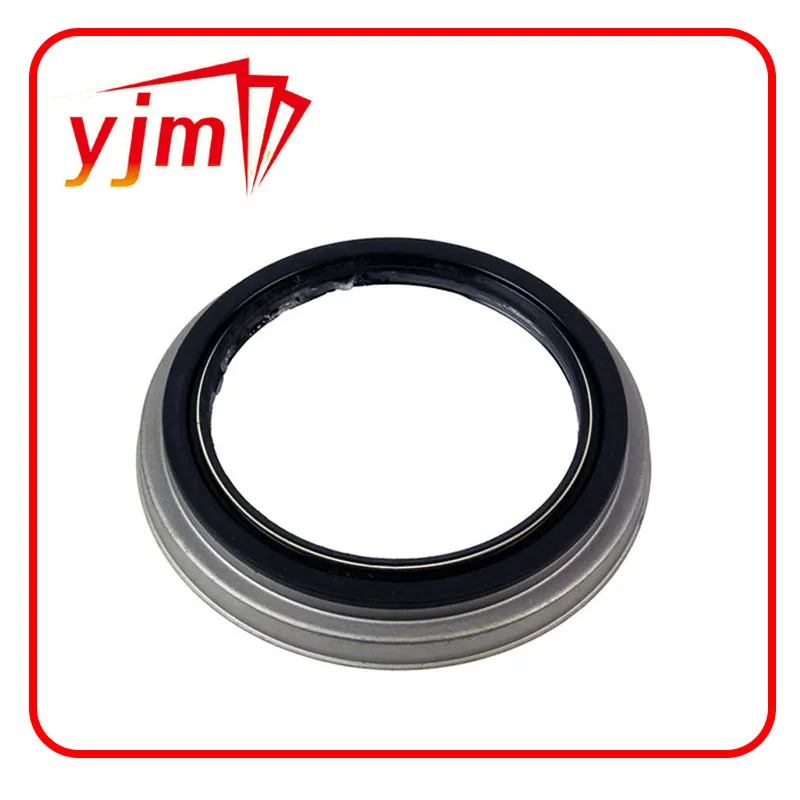gasoline resistant o rings
The Importance of Gasoline-Resistant O-Rings in Automotive Applications
In the ever-evolving automotive industry, the significance of reliable components cannot be overstated. Among these components, O-rings play a critical role in maintaining the integrity and efficiency of various systems. Specifically, gasoline-resistant O-rings are vital for ensuring that fuel systems operate safely and effectively. With the rise in innovative fuel technologies and the increasing concern for environmental sustainability, it is crucial to understand what gasoline-resistant O-rings are, their materials, applications, and their importance in modern vehicles.
What Are Gasoline-Resistant O-Rings?
O-rings are circular gaskets made of elastomers, designed to create a seal between two or more components. Their primary function is to prevent the leakage of fluids or gases, offering a necessary barrier against pressure loss or fluid exchange. Gasoline-resistant O-rings are specifically engineered to withstand the corrosive properties of gasoline, making them essential for applications in fuel systems.
Materials Used in Gasoline-Resistant O-Rings
The performance of O-rings largely depends on the materials from which they are made. For gasoline-resistant applications, several types of elastomers can be used
1. Fluoroelastomers (FKM) Known for their high resistance to chemicals, heat, and oil, fluoroelastomers are among the best choices for O-rings exposed to gasoline. They maintain their integrity over a wide temperature range and offer excellent sealing capabilities.
2. Nitrile Rubber (NBR) This is a common material for O-rings used in fuel systems, offering good resistance to gasoline and other petroleum-based fluids. NBR is cost-effective and provides adequate durability, making it a popular choice.
3. Hydrogenated Nitrile Rubber (HNBR) HNBR is an upgraded version of NBR, offering even better resistance to heat and chemicals. It is increasingly used in demanding applications where extreme conditions may be present.
Choosing the right material is critical, as not all rubber compounds will withstand the effects of gasoline without deteriorating over time. The right selection ensures a longer lifespan and enhanced performance.
Applications of Gasoline-Resistant O-Rings
gasoline resistant o rings

Gasoline-resistant O-rings find applications across various components in automotive systems, including
1. Fuel Injectors They serve as seals that prevent fuel leakage and maintain pressure, ensuring optimal combustion and engine efficiency.
2. Fuel Pumps O-rings used in fuel pumps secure the fittings, preventing leaks that could lead to hazardous situations.
3. Carburetors and Fuel Tanks In these areas, O-rings help to maintain a tight seal, preventing the evaporation of fuels and enhancing overall efficiency.
4. Emissions Control Systems O-rings used in these systems ensure that exhaust gases are contained, contributing to better air quality and compliance with environmental regulations.
Importance in Modern Vehicles
With the automotive industry pushing towards greater fuel efficiency and stricter emission standards, the role of gasoline-resistant O-rings is more significant than ever. These components contribute to the reliability of fuel systems, directly impacting engine performance and vehicle safety. A compromised O-ring can lead to fuel leaks, which pose fire hazards and environmental risks.
Furthermore, the advancement in fuel technologies, including the rise of alternative fuels and biofuels, underscores the need for O-rings that can adapt to varying chemical compositions. Manufacturers must consider these factors when designing gasoline-resistant O-rings to ensure compatibility with new fuel types while maintaining performance.
Conclusion
In conclusion, gasoline-resistant O-rings are much more than simple seals; they are essential components that ensure the safety, efficiency, and reliability of automotive fuel systems. As the industry continues to innovate and evolve, the development and application of advanced materials for O-rings will play a pivotal role in shaping the future of automotive technology. Understanding the importance of these components is crucial for manufacturers, engineers, and consumers alike, as they navigate the complexities of modern fuel systems.
-
Simplifying Oil Changes: A Comprehensive Guide to Oil Drain Plugs and Their Variants
News Aug.04,2025
-
Mastering Oil Drain Maintenance: Solutions for Stripped, Worn, and Upgraded Oil Plugs
News Aug.04,2025
-
Fixing Oil Pan Plug Issues: Leaks, Stripped Nuts, and the Right Replacement Solutions
News Aug.04,2025
-
Everything You Need to Know About Oil Drain Plugs: Sizes, Fixes, and Upgrades
News Aug.04,2025
-
Choosing the Right Oil Drain Plug: A Guide to Sizes, Materials, and Drain Innovations
News Aug.04,2025
-
A Complete Guide to Automotive Drain Plugs: Types, Problems, and Innovative Solutions
News Aug.04,2025
-
The Ultimate Guide to Car Repair Kits: Tools and Essentials Every Driver Should Own
News Aug.01,2025
Products categories















